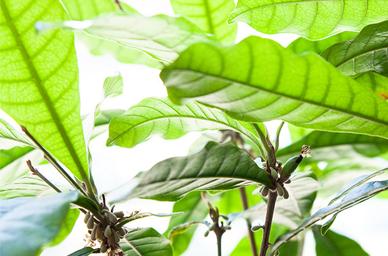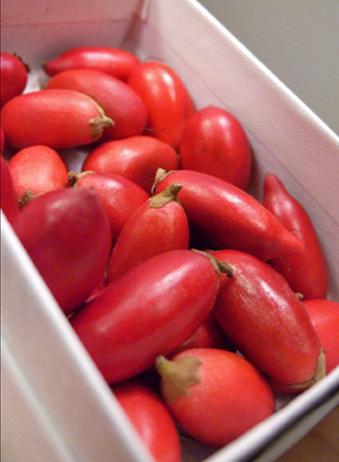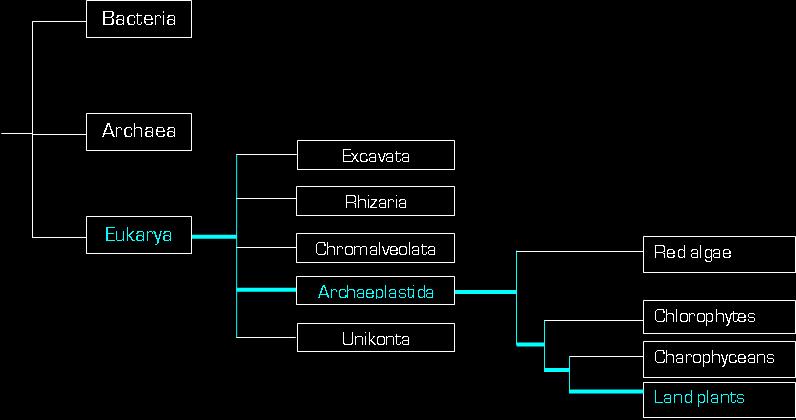
classification
home
about the berry
growth
miraculin
references
about the author

Domain: Eukarya
Organisms in the domain Eukarya contain membrane-bound organelles and a true nucleus.
(Supergroup): Archaeplastida
Members of the Archaeplastida supergroup are photosynthetic organisms in which the chloroplasts are surrounded by a double membrane (as opposed to a 3 or 4 layer membrane in other organisms).
Kingdom: Plantae
The Plantae kingdom consists of multicellular, photosynthetic organisms which are primarily terrestrial. All members of the Plantae kingdom exhibit an alternation of generations in their reproductive cycles and possess cell walls, which limit their motility.
Phylum: Magnoliophyta
This phylum, also considered the angiosperms, includes plants which produce covered seeds and fruits and utilize insect pollination in reproduction. The life cycles of its members are dominated by the sporophyte (diploid) stage.
Class: Magnoliopsida
Magnoliopsida contains all dicotyledon flowering plants, which contain two embryonic leaves and have a concentric pattern of vascular bundles in their stems. Often these organisms have net-like vein patterns and their flower components can be found in fours or fives. Also members of Magnoliopsida: the kiwifruit and sage!
Order: Ericales
The extremely diverse Ericales order contains over 11,000 species. Members exhibit five petals on their radially symmetric flowers, often connected in the center. Other common characteristics include a capsulated fruit and thin seed coats. Fun fact: the brazil nut and highbush blueberry are also in the Ericales order!
Family: Sapotaceae
Sapotaceae is a dynamic family consisting of tropical evergreen bushes and trees. These plants produce seeds with a brown, thick, shiny coat, and have naked terminal buds with unicellular hairs on them.
Genus: Synsepalum
The Synsepalum genus contains 36 flowering plants from the lowlands of Africa.
Species: Synsepalum dulcificum
See the description of the miracle berry for characteristics of this incredible plant!

Above, a phylogenetic tree based on cladistics. Synsepalum dulcificum is a member of the land plants. Below, a specific phylogenetic tree showing Synsepalum dulcificum with its nearest relatives based on morphology as well as DNA sequences (Swenson, 2005).
MultipleOrganisms.net * UW - La Crosse * Home * About the author
©2012. All Rights Reserved.